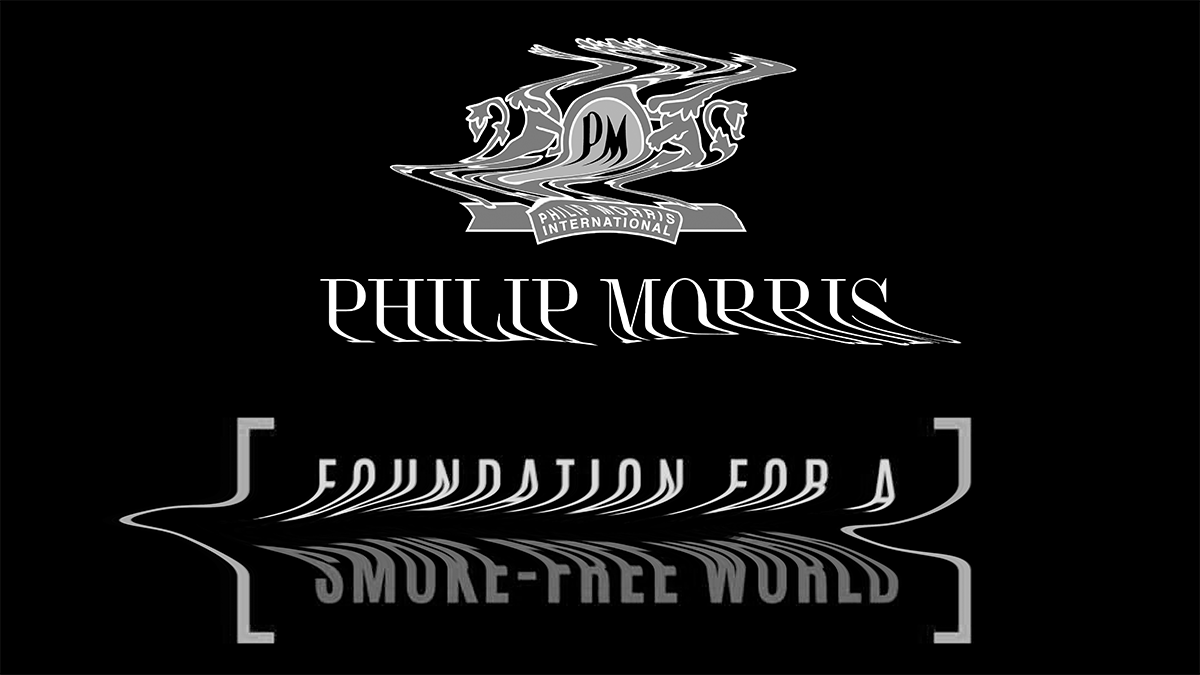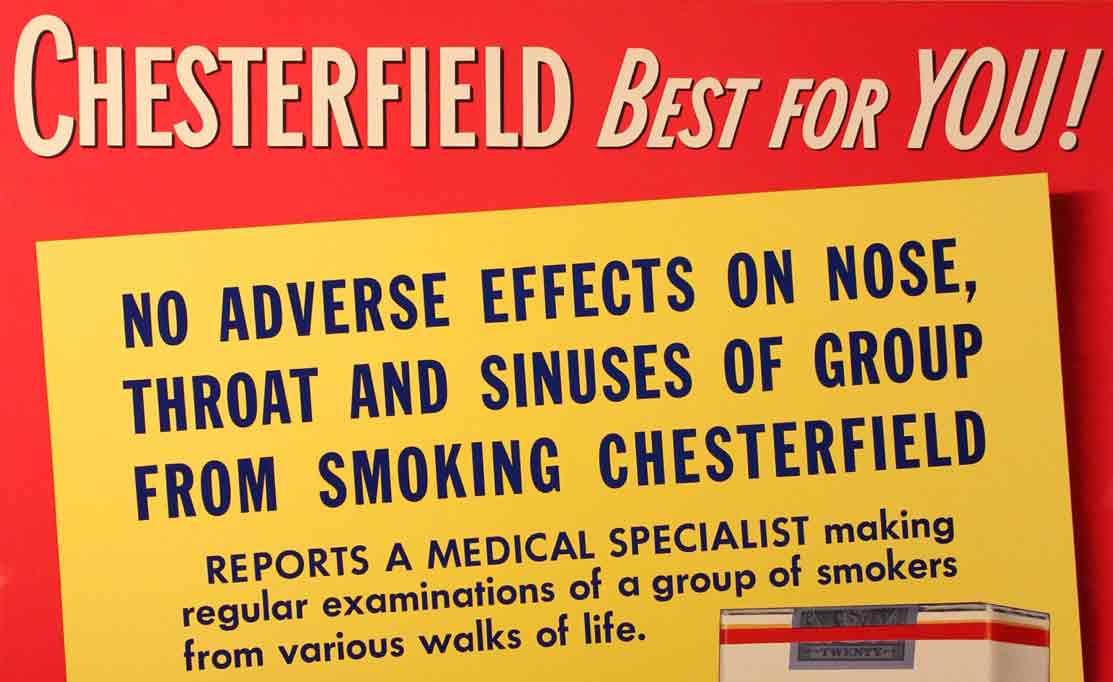- Resources
- News
-
-
Get Email Updates
Sign up for STOP's newsletter and never miss an update on our latest work and the tobacco industry's activity.
-
Get Funding
Ready to tackle industry interference? You could be eligible for a grant.
-
Share a Tip
Do you have information on tobacco industry misconduct in your country? Let us know.
-
Get Email Updates
Business of Tobacco
November 12, 2020

How the tobacco industry meddles in policy can sometimes be fairly obvious. For example, an ex-industry executive might move into a government position and use their power to delay or abolish tobacco control policies that would hurt tobacco industry profits.
Other times, tobacco industry interference can be hard to spot. It lurks below the surface and manifests in a seemingly organic way. This type of interference is especially dangerous. Because it can be hard to recognize, it can be hard to stop.
A new paper from the Tobacco Control Research Group at the University of Bath, a partner in STOP, looks at one recent example of this under-the-radar interference.
The tobacco industry’s target: the WHO FCTC
The tobacco industry’s attempts to influence the World Health Organization (WHO) Framework Convention on Tobacco Control (FCTC), a global health treaty that aims to reduce tobacco use and diminish tobacco industry influence in public policy, are well documented.
According to leaked company documents, Philip Morris International (PMI) created a corporate affairs strategy outlining how it intended to influence the FCTC by promoting industry-friendly messaging around the treaty’s Conference of the Parties (COP)—an annual meeting where delegates convene to decide on tobacco control measures. And in 2017, Reuters exposed another PMI campaign to subvert the FCTC, once again by targeting the COP.

Screenshot from a leaked PMI document titled “10 Year Corporate Affairs Objectives and Strategies,” written in 2014, according to Reuters.
PMI’s coordinated Twitter strategy
To better understand the tobacco industry’s tactics and identify its allies, researchers examined the Twitter conversations that occurred around the most recent COP (COP8) that was held in October 2018. They set out to identify the most common topics and from whom those messages were coming.
After analyzing more than 9,000 tweets and retweets that included the hashtag #COP8FCTC, they found that of the 152 Twitter accounts actively posting about the COP, one-fifth (27 total) were tobacco industry actors (accounts that belonged to a tobacco company or its employees, or to an organization that had received direct funding from a tobacco company).
Of those 27 tobacco industry Twitter accounts, 13 were PMI accounts—two of which were official PMI company accounts and 11 of which were personal accounts of PMI executives.
Ten other accounts were identified as belonging to organizations that had received funding directly from a tobacco company, including the Foundation for a Smoke-Free World (FSFW), an organization set up and funded solely by PMI; the “independent consumer advocacy” group factasia.org, which also receives funding directly from PMI; and the Consumer Choice Center, a lobbying organization that received PMI funding in 2018.
Researchers also found that the largest proportion of active tweeters were advocates of “next generation products” (NGPs), and slightly more than half of those had links to FSFW or FSFW grantees. Messages came from organizations and people affiliated with them that had received FSFW funding, including Knowledge-Action-Change, the International Network of Nicotine Consumer Organisations and the Centre of Research Excellence on Indigenous Sovereignty.
The priority message: harm reduction
The analysis revealed that most original tweets associated with COP8 were about NGPs or “tobacco harm reduction.” Of these tweets, the majority were either expressing positive sentiment toward NGPs, advocating for more relaxed policies for those products or expressing criticism of people or organizations perceived as opposing NGPs.
Promoting harm reduction messaging is a tactical response that’s been used by the industry for years when its products come under threat. As the health harms of smoking became more well known, PMI used harm reduction messaging to promote filtered and “light” cigarettes from the 1950s to the 1970s, portioned smokeless tobacco and snus from the 1970s to the 2000s, and today, its novel tobacco and nicotine products. The motivation is clear: As smoking decreases in most parts of the world, the tobacco industry needs to find new ways to addict users and boost its profits.
Expressing support for these new tobacco and nicotine products, especially when framed around harm reduction, could persuade decision-makers to set policies that favor the adoption of these new products. And that’s good for PMI’s bottom line.
The tip of the iceberg
The researchers found PMI’s approach to be highly consistent with the proposal set out in its “10 Year Corporate Affairs Objectives and Strategies” document from 2014, the document that laid out PMI’s intention to:
- “amplify and leverage the debate on harm reduction around global events (e.g. COP6)”, and
- “identify and engage non-traditional 3rd party stakeholders/allies,” including tobacco harm reduction advocates, to do so.
This discovery raises the question: Has PMI really transformed like it claims it has, or is it merely the same old tobacco company implementing a strategic corporate affairs plan?
Recent evidence from FSFW’s 2019 tax return suggests the latter: Several organizations received funding to “garner consensus and support for COP9 to consider harm reduction as integral to tobacco control.” This suggests that PMI will implement a similar campaign over the next year, leading up to COP9 in November 2021.
Engaging harm reduction advocates to influence future COP meetings is only one part of a comprehensive and potentially far-reaching approach the industry is using to influence tobacco control.
For example, FSFW recently funded an online event to “celebrate” the FCTC—though neither the WHO nor the FCTC were actually involved. The speakers for the event were funded by FSFW and presented the Foundation’s research on “strategies for improving the FCTC and its implementation.” Nearly without exception, the FSFW research supported adopting NGPs as a means of supporting the FCTC and its outcomes, while neglecting the FCTC’s evidence-based measures to reduce smoking and the industry’s own involvement in stymying FCTC implementation.
Another virtual event on the FCTC was canceled after PROGGA, a tobacco control group in Bangladesh, warned the event’s host of tobacco industry links.
The danger of under-the-radar tobacco industry interference
Spreading tobacco industry messaging out across a breadth of organizations can make its arguments appear widely supported. These illusions increase the risk that policymakers may become more amenable to these arguments.
As this study shows, subversive and covert industry influence is not only happening—it’s part of PMI’s current corporate strategy. To protect tobacco control policies from meddling and save countless lives, policymakers, advocates and others should report and expose all forms of tobacco industry interference.


